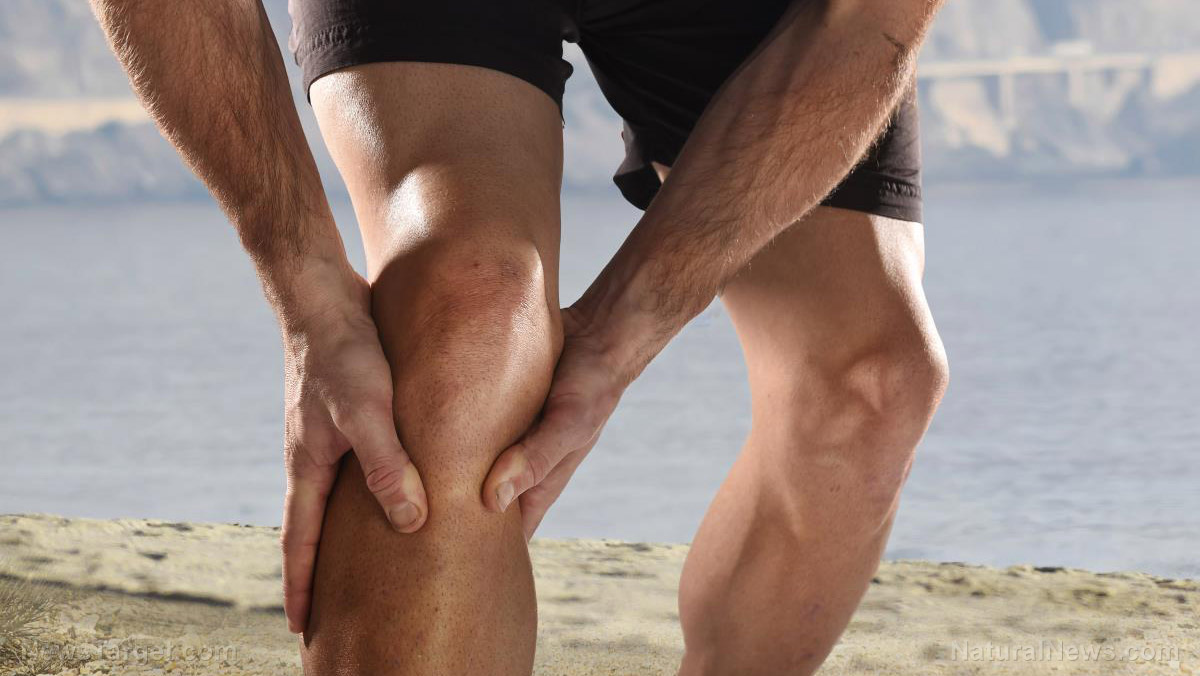Controlled trial: Taijiquan (Tai-Chi) practice and its effects on knee proprioception wellness education in those with knee osteoarthritis
03/22/2018 / By Jessica Dolores

Include knee joint health to the list of benefits that Taijiquan gives to the body, especially in patients with osteoarthritis (OA).
Results of a randomized control trial published in the Journal of Traditional Chinese Medicine showed that OA patients had a marked improvement in knee proprioception after practicing Taijiquan for 24 weeks. The study recruited female patients with OA in Shanghai, aged 60 to 70 years, and all of them suffered from knee problems. For the study, they joined 60-minute Taijiquan sessions thrice a week for 24 straight weeks.
Specific results revealed the following:
- The Taijiquan group showed improvement in knee joint kinesthesis.
- Proprioceptive exercises greatly improved joint position sense-related measurements such as timed walking over uneven ground and joint position angulation error.
- Taijiquan also helped relieve joint stiffness among OA patients, as well as improved the psychological well-being of patients with knee OA, since controlled breathing and movements promote rest and tranquility.
- The study showed improved patient-reported WOMAC (Western Ontario and McMaster Universities Osteoarthritis Index) outcomes that echoed previous research on reduced knee joint pain levels, degrees of stiffness and physical function.
- A limitation of the study is that it focused on female patients who are not obese, and long-term results cannot be accurately obtained because the study observed the participants for only 24 weeks.
- Future studies must consider an exercise component program as control group.
The study supported the benefits of Taijiquan in easing knee pain and improving the mobility of people suffering from OA.
Journal Reference:
Qingguang Z, Lingyan H, Jingxian L, Lijuan M, Yunya Z, Fang M, Liu Y, Xie W. EFFECT OF TAIJIQUAN PRACTICE VERSUS WELLNESS EDUCATION ON KNEE PROPRIOCEPTION IN PATIENTS WITH KNEE OSTEOARTHRITIS: A RANDOMIZED CONTROLLED TRIAL. Journal of Traditional Chinese Medicine. December 2017;37(6):774–781. DOI: 10.1016/S0254-6272(18)30040-2
Submit a correction >>
Tagged Under:
joint pain, Osteoarthritis, tai chi
This article may contain statements that reflect the opinion of the author





















